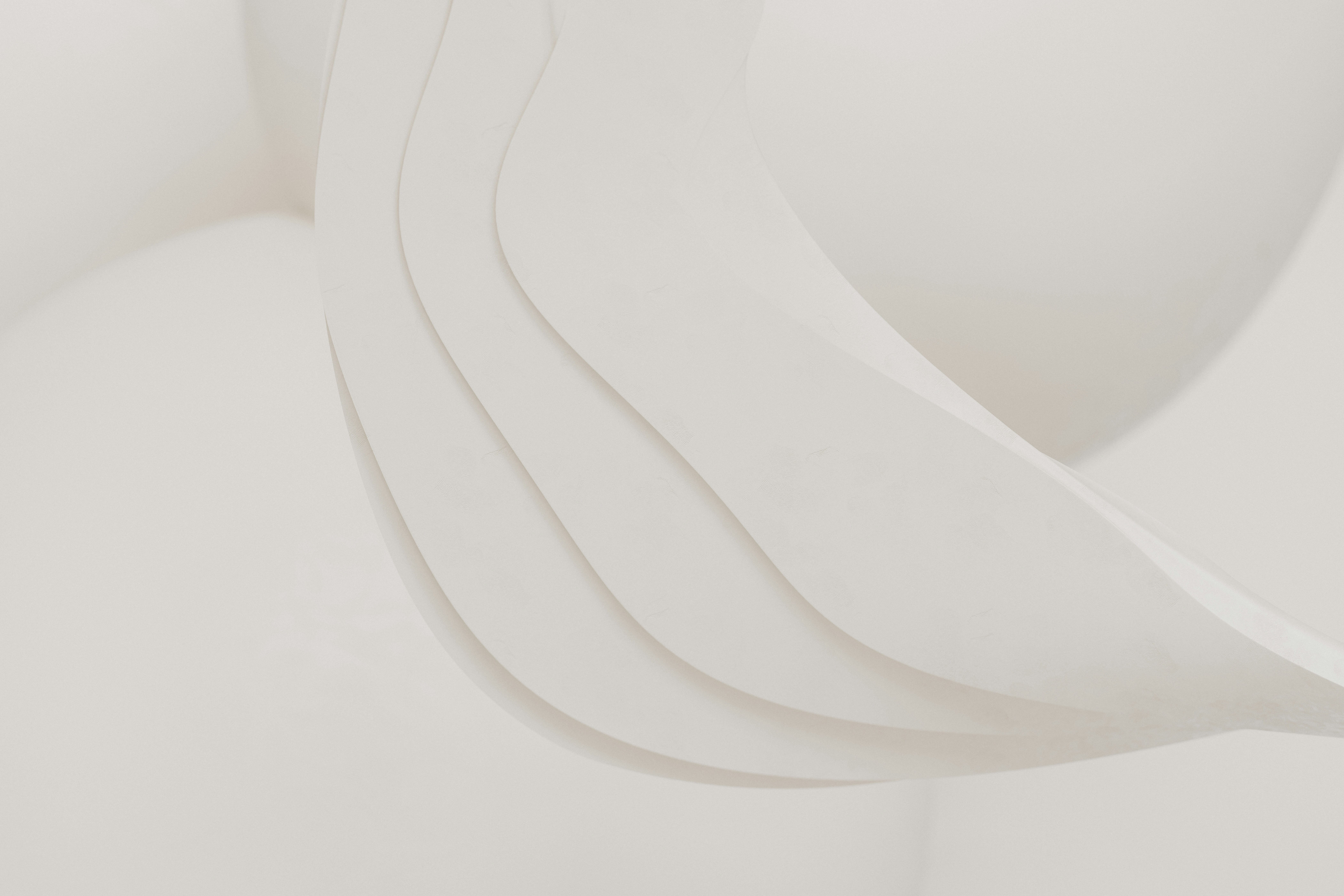Welcome to Hama
Discover your True Self
Discover your True Self
We are dedicated to bringing together enlightenment seekers and helping you connect with your inner wisdom, intuition, and divine nature.
Professional online therapy
designed to help you rediscover
balance and happiness - on your terms.

Emotional Support
Ancient & Modern Tools
Deep Connections

Emotional Support
Ancient & Modern Tools
Deep Connections

Emotional Support
Ancient & Modern Tools
Deep Connections
Step into a new kind of community
to guide
your life in the right
direction, connecting you
to your True Self,
inner wisdom,
and love.
Meet Your Therapist
Meet Your Therapist
About Us
Your Trusted Partners for
Personal & Spiritual Growth
Your Trusted Partners for
Personal & Spiritual Growth
A Trusted Partner
for Your Emotional Wellbeing
Hi, we are Dan Russell and Melanie Spring. We lead Hama through The Brilliant Rebellion and our in-person Hama events and retreats. We've spent years helping people like you get in touch with their true nature through community support, healing, and mentorship.
Hi, we are Dan Russell and Melanie Spring. We lead Hama through The Brilliant Rebellion and our in-person Hama events and retreats. We've spent years helping people like you get in touch with their true nature through community support, healing, and mentorship.
Life Purpose Mentorship
Emotional Healing
Safe Space Creators
Spiritual Guidance
CBT Practitioner
MSc Clinical Psychology
SFBT Specialist
GAOP Member
ERT Certified
Our Offerings
How We Can Help You Step Into Your Fullest, Deepest Self
How I Can
Help You Thrive

Community Support
Hama hosts The Brilliant Rebellion community, where we gather for soul-stirring conversations around personal growth and divine connection

Community Support
Hama hosts The Brilliant Rebellion community, where we gather for soul-stirring conversations around personal growth and divine connection

Community Support
Hama hosts The Brilliant Rebellion community, where we gather for soul-stirring conversations around personal growth and divine connection

1-on-1 Mentorship
Find your authentic path without sacrificing what you love through our 1-on-1 mentorship program—it's time to start living.

1-on-1 Mentorship
Find your authentic path without sacrificing what you love through our 1-on-1 mentorship program—it's time to start living.

1-on-1 Mentorship
Find your authentic path without sacrificing what you love through our 1-on-1 mentorship program—it's time to start living.

Couples' Counselling
Navigate the challenges of a relationship with the support of people who have walked through the fire, too.

Couples' Counselling
Navigate the challenges of a relationship with the support of people who have walked through the fire, too.

Couples' Counselling
Navigate the challenges of a relationship with the support of people who have walked through the fire, too.

In-Person Experiences
Enter a safe space free of judgment designed to help you release old trauma and connect with the source of what makes you YOU.

In-Person Experiences
Enter a safe space free of judgment designed to help you release old trauma and connect with the source of what makes you YOU.

In-Person Experiences
Enter a safe space free of judgment designed to help you release old trauma and connect with the source of what makes you YOU.
Get Involved
Taking the first step can change everything
1
Join the community
Healing and transformation happens in community. Joining The Brilliant Rebellion for free or a donation of your choosing connects you with our Crew and the resources that will help you thrive.
1
Join the community
Healing and transformation happens in community. Joining The Brilliant Rebellion for free or a donation of your choosing connects you with our Crew and the resources that will help you thrive.
1
Join the community
Healing and transformation happens in community. Joining The Brilliant Rebellion for free or a donation of your choosing connects you with our Crew and the resources that will help you thrive.
2
Get acquainted
We'll get to know you, including your dreams and challenges you're facing right now. Our team is filled with heart-centered people who want to help.
2
Get acquainted
We'll get to know you, including your dreams and challenges you're facing right now. Our team is filled with heart-centered people who want to help.
2
Get acquainted
We'll get to know you, including your dreams and challenges you're facing right now. Our team is filled with heart-centered people who want to help.
3
Go deeper
Jump into our digital community gatherings, attend an in-person event, or get in touch for personalized support. You get out what you put in!
3
Go deeper
Jump into our digital community gatherings, attend an in-person event, or get in touch for personalized support. You get out what you put in!
3
Go deeper
Jump into our digital community gatherings, attend an in-person event, or get in touch for personalized support. You get out what you put in!

Transformations
Real Stories, Real Impact
Real Stories, Real Impact
“My life has been changed forever. I have been completely transformed on an emotional, spiritual and physical level.” - Sam
"I have never been so welcomed in all the ways and allowed to simply be me during a most vulnerable time in my life." - Michelle
"I was in a dark night. This experience moved me to a place where I can not only see the light at the end of the tunnel, I can feel the sun shining on my face. I feel having it can best be summarized in the chorus of Glorious by Macklemore... I feel glorious, glorious." - Susan
"A life-changing experience. I feel freer to be authentically myself." - Kate
“We attended a couples retreat hosted by Dan and Melanie. They carefully thought through every detail from pre retreat intention settings calls through post retreat integration calls and everything in between. I loved how we had time and space to work on our own personal development and then time to reconnect and work together as a couple. After being married for 22 years you do fall into a mindless routine and we needed that to be disrupted to then recommit. We are a strong team made even stronger by this experience. Thank you so much Dan and Melanie for providing a safe and welcoming space to do so! ⭐️⭐️⭐️⭐️⭐️...⭐️” - Coleen
"I was in a dark night. This experience moved me to a place where I can not only see the light at the end of the tunnel, I can feel the sun shining on my face. I feel having it can best be summarized in the chorus of Glorious by Macklemore... I feel glorious, glorious." - Susan
“Thank you for an amazing weekend. It was too fast. I am grateful for you all in how you showed up for not only me, but [my wife] as well. This is part of our ongoing journey of life. Living it to the fullest.” - Dan
“Living with more self love, healthier life choices, brighter outlook, new habits to build to live my highest potential” - Megan


Your New Beginning
Take the First Step Toward
the Life You Deserve
Take the First Step Toward the Life You Deserve
Join the hundreds of people whose lives have been transformed through our community and programs.
We believe that every human has the right to a life of independence and certainty: a life free from depression, anxiety, and mental illness. Our community, events, and programs help our fellow human beings walk the path of enlightenment and pursue their divine nature.
Hama Healing Collective is a 501(c)(3) nonprofit corporation
We believe that every human has the right to a life of independence and certainty: a life free from depression, anxiety, and mental illness. Our community, events, and programs help our fellow human beings walk the path of enlightenment and pursue their divine nature.
Hama Healing Collective is a 501(c)(3) nonprofit corporation




200+
people guided toward deeper self-connection
200+
people guided toward deeper self-connection
200+
people guided toward deeper self-connection
100+
hosted community events and retreats around the world
100+
hosted community events and retreats around the world
100+
hosted community events and retreats around the world
8+
years of experience in healing guidance & mentorship
8+
years of experience in healing guidance & mentorship
8+
years of experience in healing guidance & mentorship